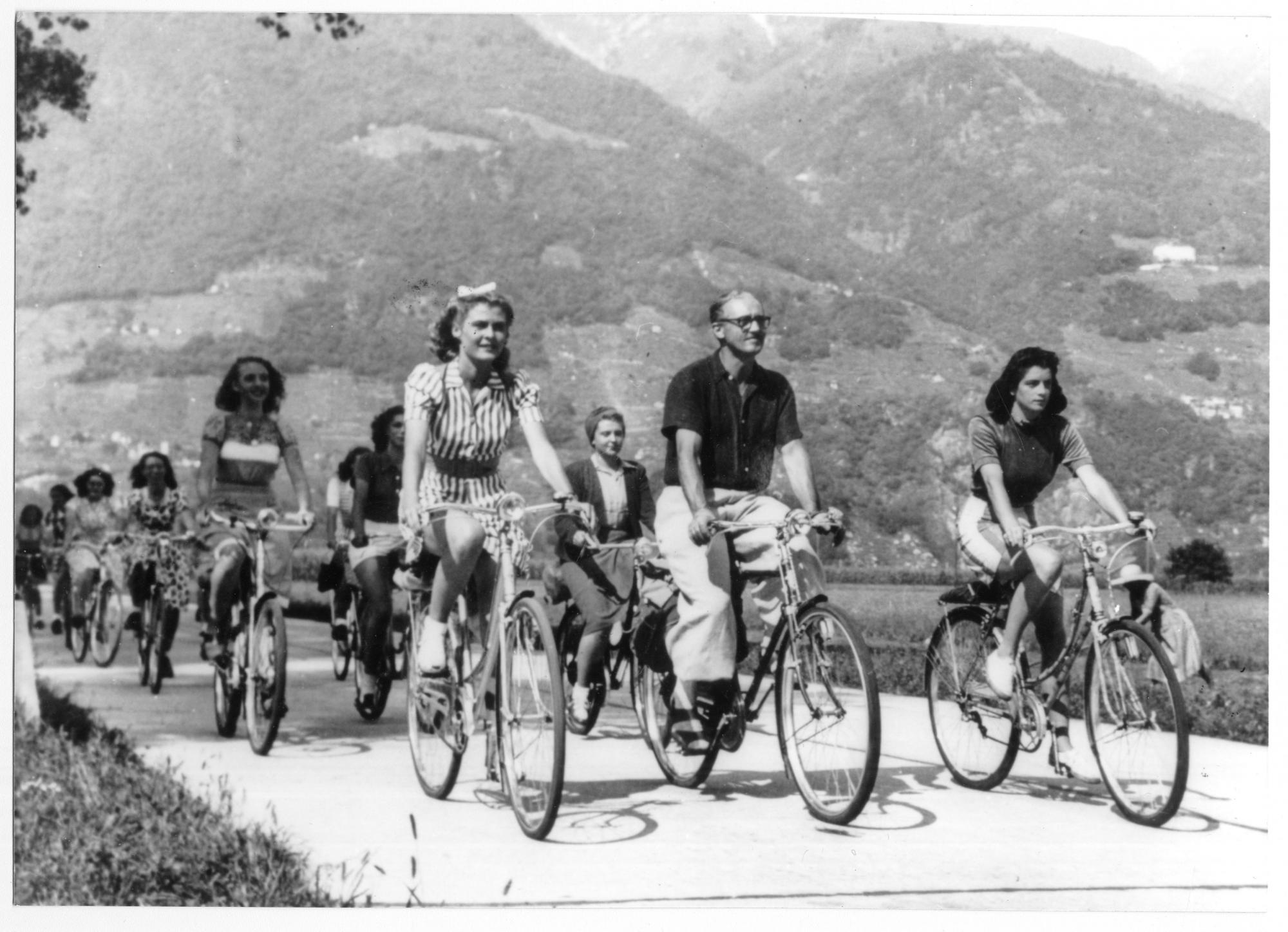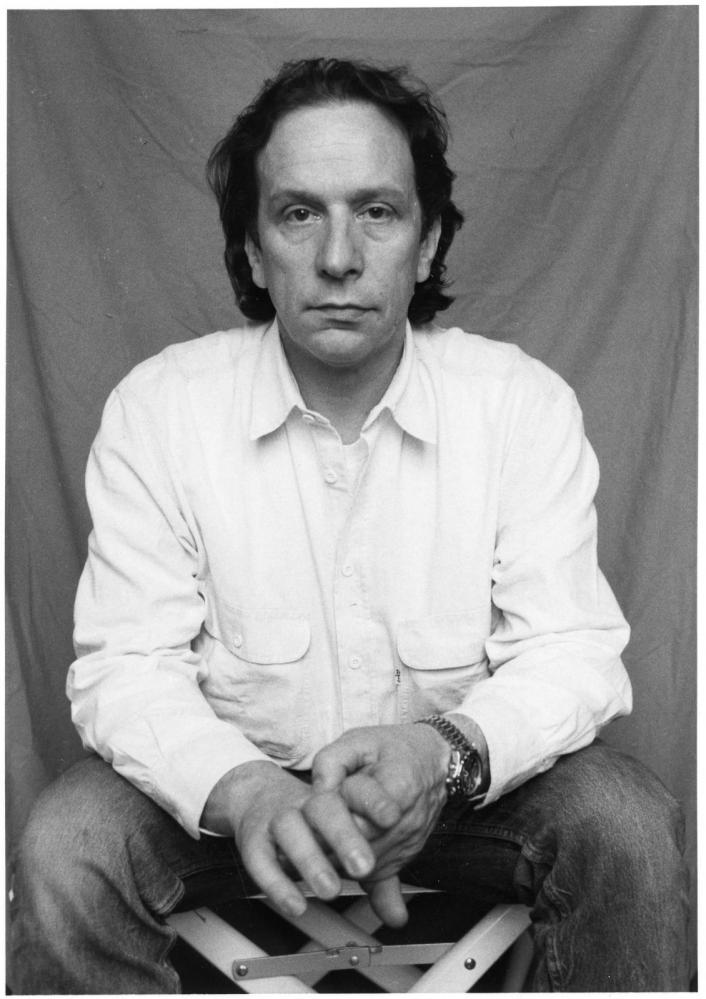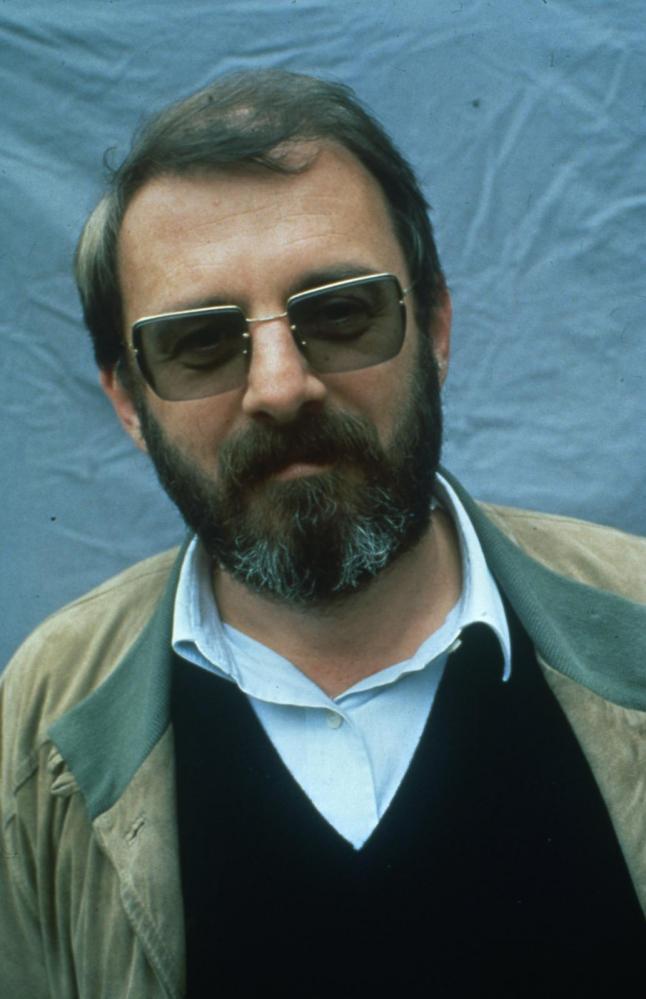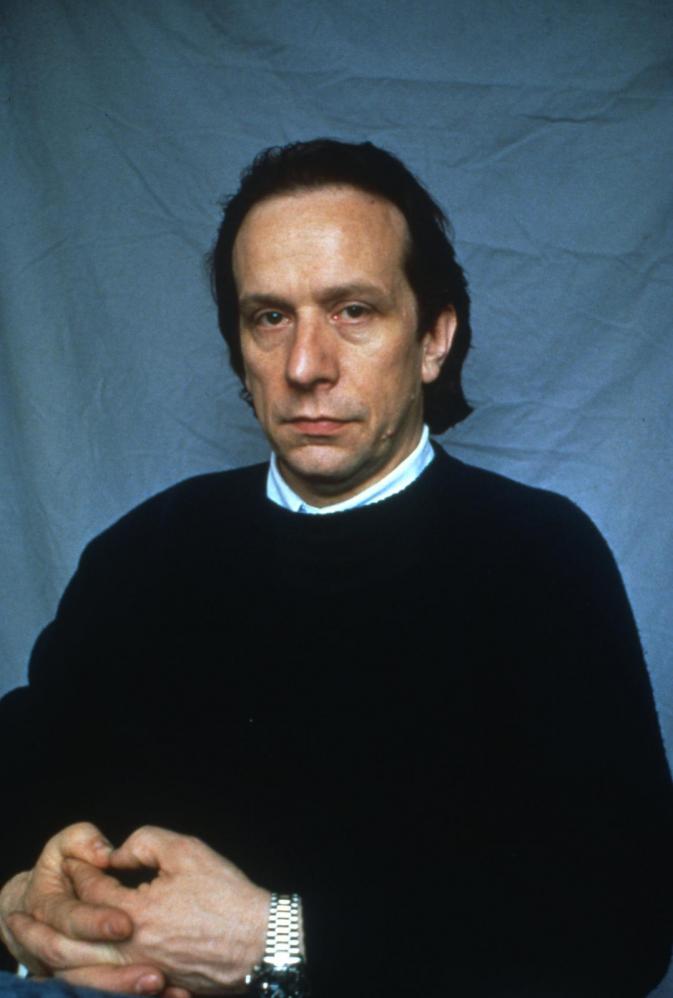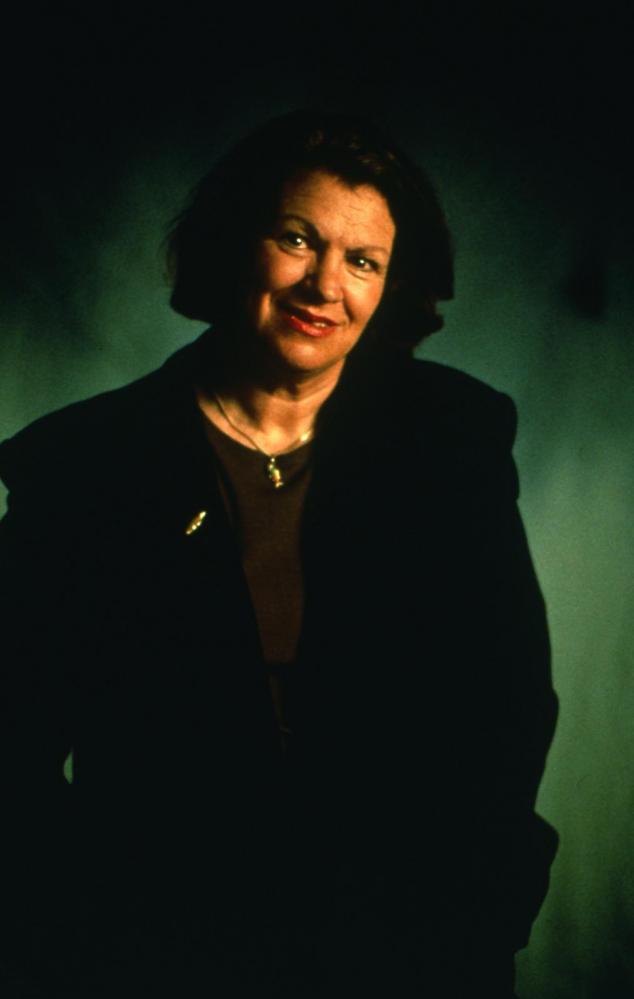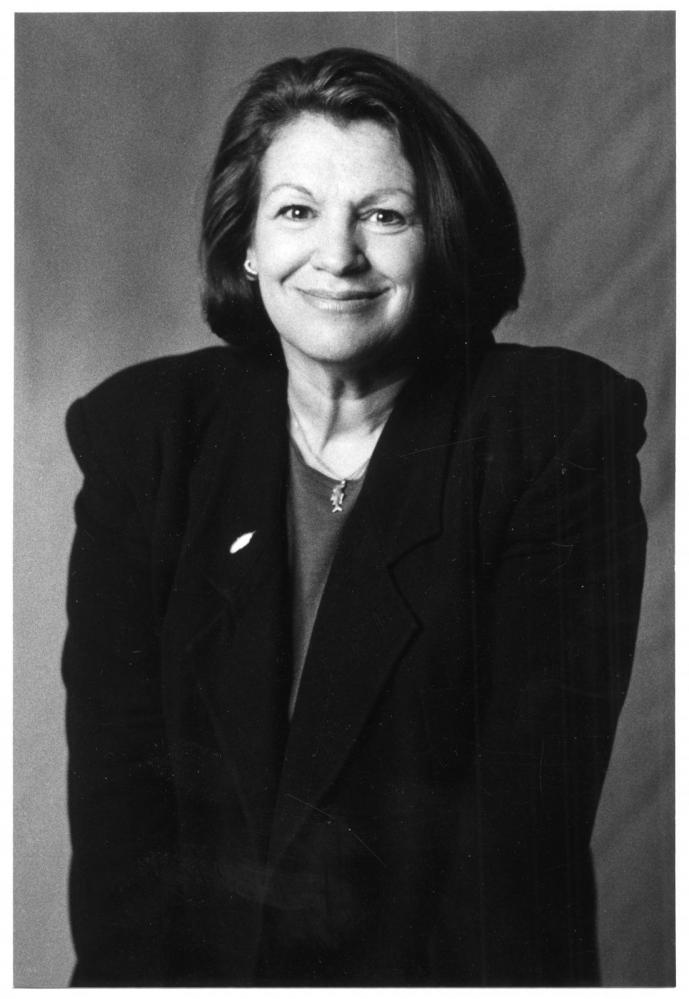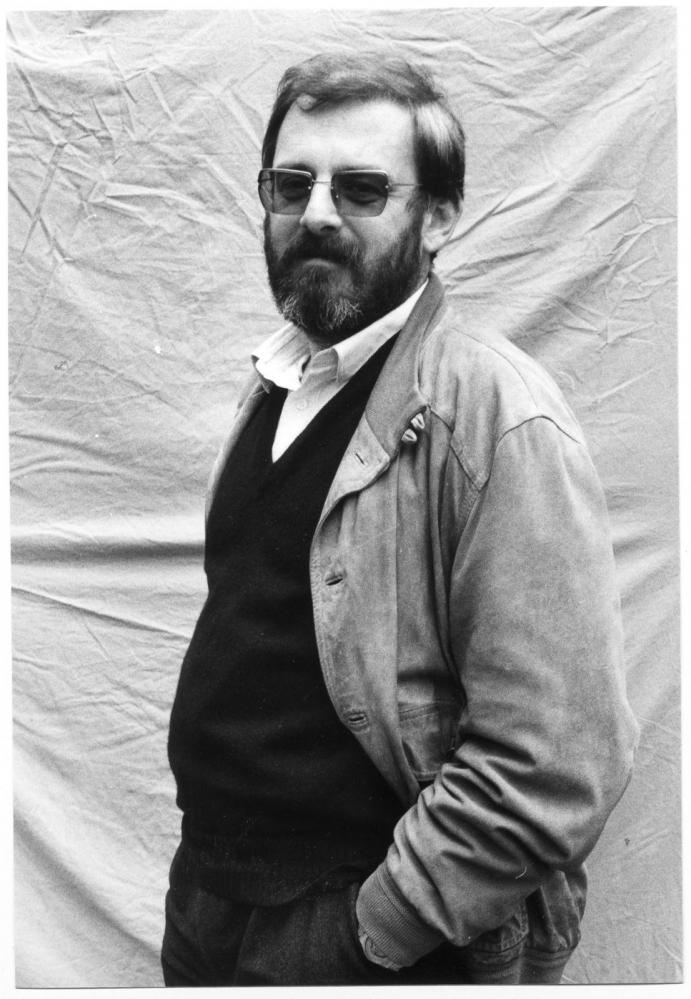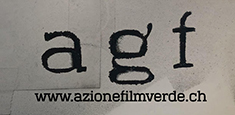Il film del cinema svizzero, episodio Noi e gli altri, Il cinema in Ticino 1932-1949
Thirteen Swiss filmmakers, each from their own point of view, chronicle and reconstruct the narrative of Swiss cinema, from its beginning to the present day, and in doing so, retrace the history of the country.

Metropolis Film
- l'ufficio del delegato, Pro Helvetia: Fondazione svizzera per la cultura
Italian-speaking Swiss from the Tessin canton form a minority within the Swiss population. In the history of Swiss film, they hardly play any role at all. This make the collection of fragments about the Tessin population in Noi e gli altri all the more curious. Film-makers from the north have often been glad to make use of the landscape of Tessin with its exotic air as a location for feature films. These films focused so much on folklore and tourism that the resultwas a very distorted view of the region. The Tessiners themselves have made little to right this wrong. A film about a well-known yet unknown area including fragments from the work of Jacques Feyder and Leni Riefenstahl.
Despite the fact that cinema appeared in Switzerland as early as 1896, its story has not been widely told, except through several volumes of an encyclopaedia developed by Cinémathèque suisse and the University of Lausanne and several books devoted mainly to the modern Swiss cinema since the 1960s. For this reason, on the occasion of the 700th anniversary of the Swiss Confederation in 1991, Cinémathèque suisse and its director at the time, the "mythical" Freddy Buache, decided to produce with Theres Scherer and Miguel Stucky a series of documentaries of about half an hour each on Swiss cinema, using the institution's archives as material for their production. Each short film in this Film of Swiss Cinema is directed by well-known Swiss filmmakers including Jean-François Amiguet, Jürg Hassler, Thomas Koerfer, Markus Imhoof, Fredi M. Murer, Daniel Schmid, Jacqueline Veuve and Michel Soutter. For Ticino, none other than Renato Berta, Augusta Riva-Forni and Federico Jolli set up the episode Noi e gli altri, Il cinema in Ticino 1932-1949, which constitutes a critical look at this Ticino used by cinema as a postcard. The short film then obviously recalls the essential role of Franco Borghi in this cinematographic history.
Thanks to Cinémathèque suisse and the copy of RSI Radiotelevisione svizzera, it is possible here to see the film in its entirety.
Frédéric Maire, Director Cinémathèque Suisse


